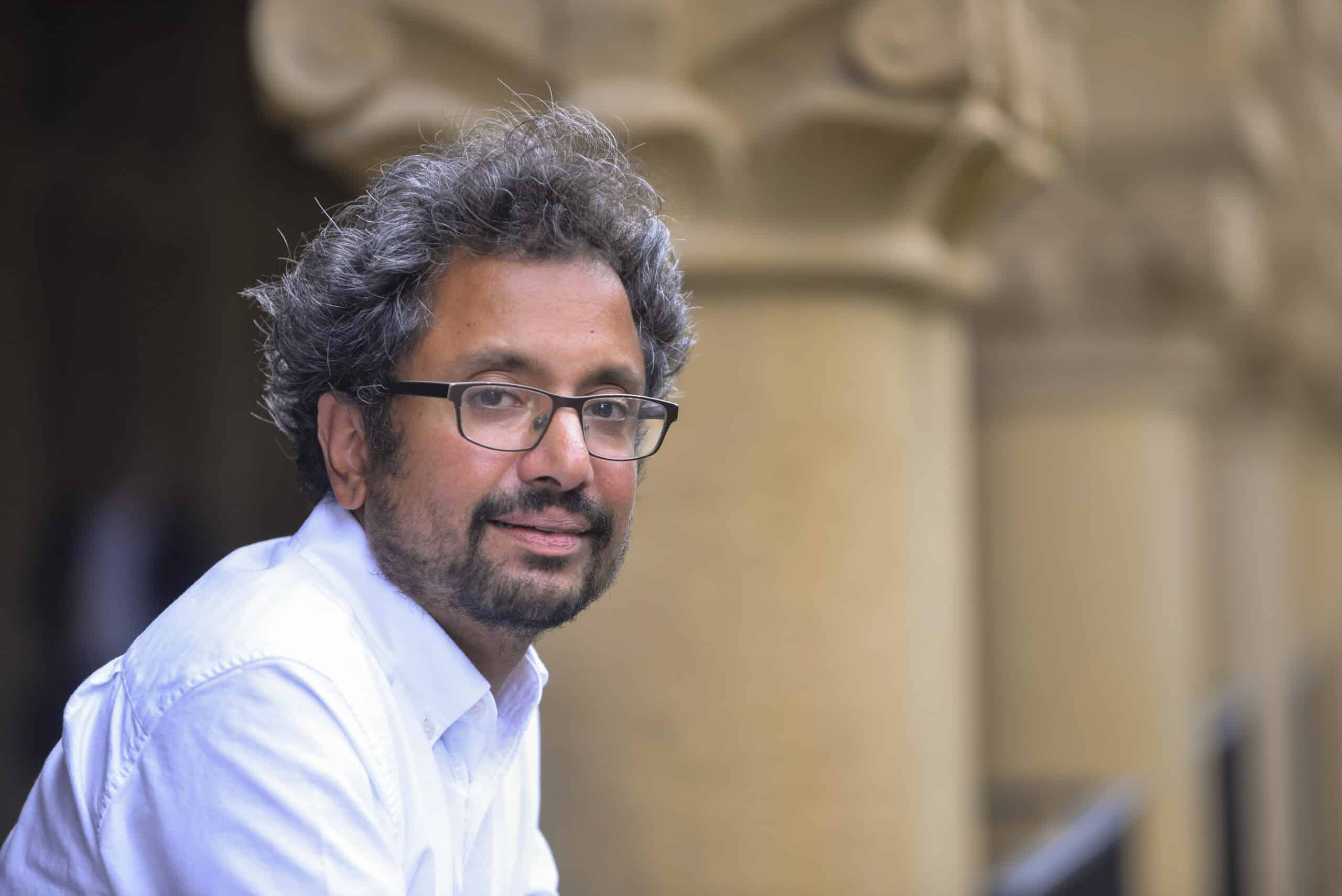
Ravi Vakil, the Robert Grimmett Professor in Mathematics at Stanford University, began his two-year term as President of the American Mathematical Society (AMS) on February 1, 2025. Vakil, a foremost researcher in the field of algebraic geometry has played a strong role in promoting mathematical research as well as mathematical education. You may recognize him from his book, A Mathematical Mosaic: Patterns & Problem Solving that is a classic in recreational mathematics. The paragraphs below are excerpts from his interview in News from the AMS at https://www.ams.org/news?
Q: Please share your thoughts about Artificial Intelligence (AI) in mathematics.
A: This is an exciting time, and predicting even a few years out is a fool’s errand. Utopian and dystopian visions put forth by cocktail-party pundits are fun to talk about and attract clicks, but the truly exciting developments require some knowledge to appreciate. Our field has gone through many world-changing technological revolutions, and we know that the flavor of change that is lasting resembles “the internet” more than “flying cars.” I have too many thoughts to fit in my head (let alone this paragraph), but I recommend recent Bulletins of the AMS and Terry Tao’s various commentaries (including his AMS Colloquium Lecture online).
Q: Share with us something we can expect from your presidency.
A: Our community is huge and broad, and we are unified after a period of some division. (i) Decades ago, pure and applied were pulling in opposite directions. We are returning to the traditional view that individually we can deeply specialize, but collectively mathematics thrives only when it is enriched by problems from elsewhere; yet also when it leans into powerful theories one is led to by abstracting ideas to their pure essence. (ii) There was a time when some believed in a sharp division between research and education, but now such a clean break seems bonkers. If you believe in the importance of mathematics, you believe in the importance of spreading it wide and far. There are important unresolved questions about how we work with the wider educational community, but we are now happy to grapple with them. (iii) Everyone agrees that pulling more people into mathematics from all places, and developing mathematical talent in new populations is a good thing. The devil is in the details, of course. In these three cases and elsewhere, we need to model how to disagree as adults; sometimes I am in the minority, sometimes in the majority, but we can be civil and work together.
What do you think about the AMS’s role in advocacy?
A. The AMS speaks not just for our members, but for all of mathematics. Mathematicians have tended to be shy and retiring about the subject, to the detriment of all society. The direct impact of mathematics is enormous: It has been for centuries, certainly is today, and anyone who tells you that the future will be different is trying to sell you something. Mathematics is at the center of science and knowledge. We make everything else work. We change how people think. Our students (in the broad sense of the word) become mathematical thinkers (in the broadest sense of the word). Society needs more of them; the world is their oyster.
So we need to speak loudly and unapologetically on behalf of mathematics. More of us need to take on the role of “public intellectual.” Even where we do not have enough internal consensus for the AMS to advocate on behalf of the community, we need to get members in the habit of stepping up and engaging. We have been doing more in advocacy (especially our Washington office). We need to take an increasingly public role.
The need for rational discussion about the importance of mathematics education and the role of mathematics in our rapidly-changing technological society is vital, and we know that Professor Vakil will be an outstanding leader in bringing mathematics and mathematics education to public attention.
